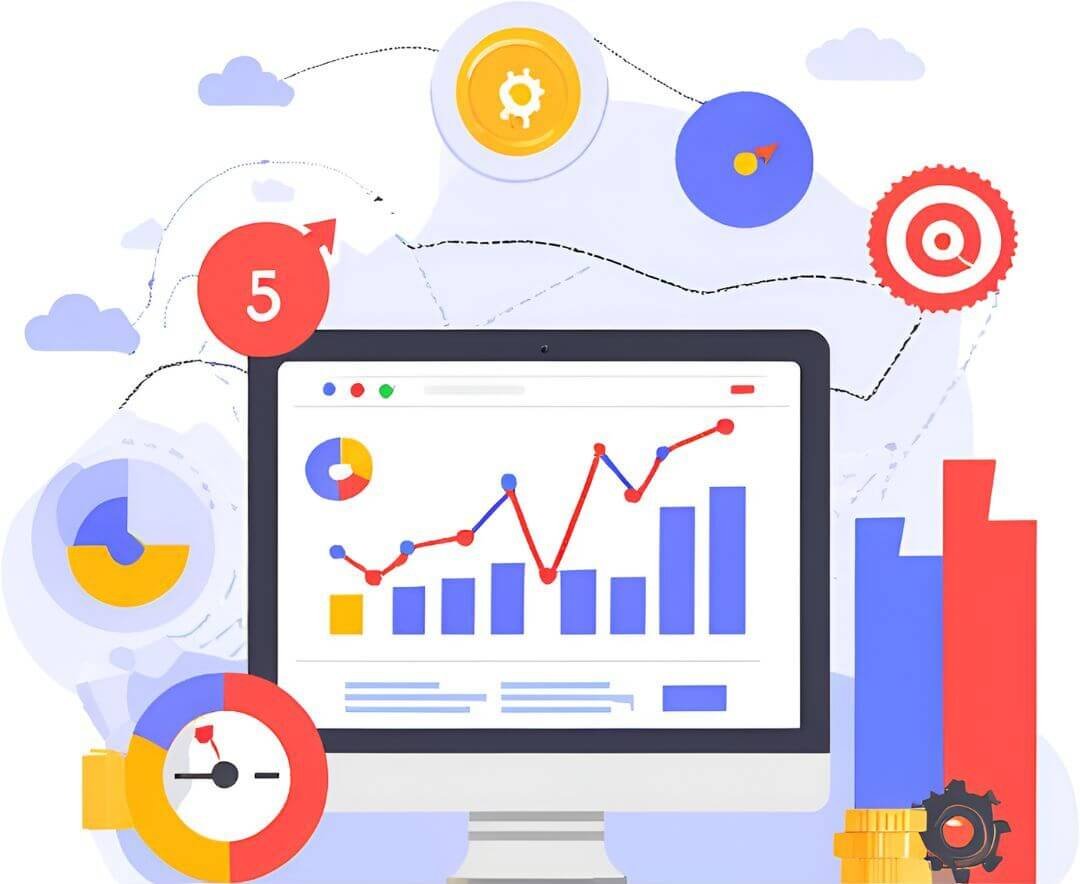Website speed is no longer just a technical consideration; it’s a critical factor for online success. A fast-loading website doesn’t just provide a better user experience; it also significantly impacts your Google rankings. Here are five ways website speed can elevate your position on search engine results pages (SERPs).
1. Enhanced User Experience (UX)
A fast website ensures visitors can access content without delays, improving user satisfaction. When users enjoy a seamless experience, they’re more likely to:
- Stay longer on your site.
- Visit multiple pages.
- Complete desired actions, such as making a purchase or filling out a form.
Google tracks these behaviors through metrics like dwell time and bounce rate. Faster websites typically lead to lower bounce rates and higher engagement, signaling to Google that your site provides value.
2. Improved Core Web Vitals Scores
Core Web Vitals are a set of performance metrics Google uses to evaluate user experience. These include:
- Largest Contentful Paint (LCP): Measures loading performance.
- First Input Delay (FID): Measures interactivity.
- Cumulative Layout Shift (CLS): Measures visual stability.
Websites with good Core Web Vitals scores are more likely to rank higher, as Google prioritizes pages that meet these standards.
3. Mobile-First Indexing Benefits
With mobile-first indexing, Google evaluates the mobile version of your site to determine rankings. Mobile users expect fast-loading pages, and a slow website can result in:
- Higher bounce rates on mobile devices.
- Poor user reviews and reduced trust.
Optimizing your website for speed ensures a smooth experience across all devices, improving your standing in Google’s mobile-first algorithm.
4. Boosted Crawl Efficiency
Google’s bots crawl the web to index pages. If your website loads slowly, it could limit the number of pages Google indexes during a single visit. This can negatively impact your site’s visibility in search results.
A faster website allows search engine crawlers to navigate more efficiently, ensuring all your content is indexed and ranked appropriately.
5. Direct Impact on SEO Rankings
Page speed is a confirmed ranking factor in Google’s algorithm. Faster websites outperform slower competitors, especially in competitive niches. By improving your site’s speed, you’re more likely to achieve higher rankings and attract more organic traffic.
How to Improve Your Website Speed
To reap the benefits of a fast website, consider these strategies:
- Optimize Images: Use compressed formats like WebP and add descriptive alt text.
- Leverage Browser Caching: Store static files locally to reduce load times.
- Minify CSS, JavaScript, and HTML: Remove unnecessary characters and spaces.
- Use a Content Delivery Network (CDN): Distribute your content globally for faster access.
- Upgrade Hosting: Choose a reliable hosting provider with robust infrastructure.
Conclusion
A fast website is a win-win for both users and search engines. By prioritizing speed, you can improve user satisfaction, boost SEO performance, and achieve higher Google rankings.
At CodeOrbitX, we specialize in building fast, SEO-friendly websites that drive results. Contact us today to enhance your website’s performance and online visibility!

